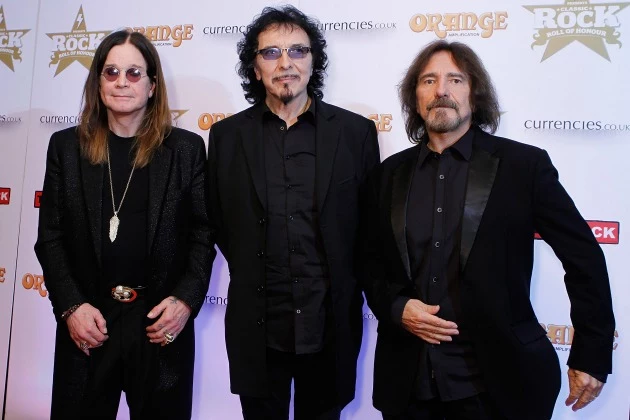
To his credit, Tony Iommi took the Spinal Tap-esque mishap in his stride, and never missed a beat. It went: “Car 51, please proceed to Neville Street”.' The next noise myself and seven-and-a-half thousand other people heard was from his amp. Slowly he built up the solo, beginning in “classic” fashion with soft, melodic chording, before increasing both the volume and velocity of his playing to lead up to a shattering finishing of screeching notes and tortured expressions.Īs the solo light shone down upon him, Iommi, sweating, dramatically, crashed out the chords and notes, and with a great flourish stopped suddenly. 'When everybody had cleared themselves off the stage, Iommi the lone figure launched into his 20-minute epic. 'The band suffered just one hitch,' he noted. And a journalist from England's New Musical Express was on hand to document how the night unfolded: no, wait, let’s say you give us £2,000 to cover our losses and you can have radio silence. Okay, he was told, we’ll go off air for the duration of the gig if you bung us £500 for our trouble. The group's tour manager then reached out to the local taxi company to see if an accommodation could be reached. Amid panicked discussions, Sabbath considered pulling the show, but were warned by the local police force that if they did so, and their disappointed and angry fans smashed the place up, then Sabbath would be charged with provoking a riot. It was during soundcheck ahead of the quartet's January 24 show at Leeds Queens Hall that Sabbath's crew realised they had a problem, as Tony Iommi's amp was picking up the radio signal from a local taxi firm, and broadcasting the firm's orders.

Even if things didn't always go quite as planned. The group's January/February 1981 UK tour, launched with four nights at the 5,000-capacity Hammersmith Odeon in London, was, then, something of a victory lap for Tony Iommi's band.

Tony Iommi, onstage with Black Sabbath in January 1981īlack Sabbath's resurrection with Ronnie James Dio on 1980's Heaven And Hell album is one of rock's great triumphant comebacks: though it peaked at number 9 in the British charts, the album would go on to sell more than 100,000 copies in the UK, becoming Sabbath's biggest album on home soil.


 0 kommentar(er)
0 kommentar(er)
